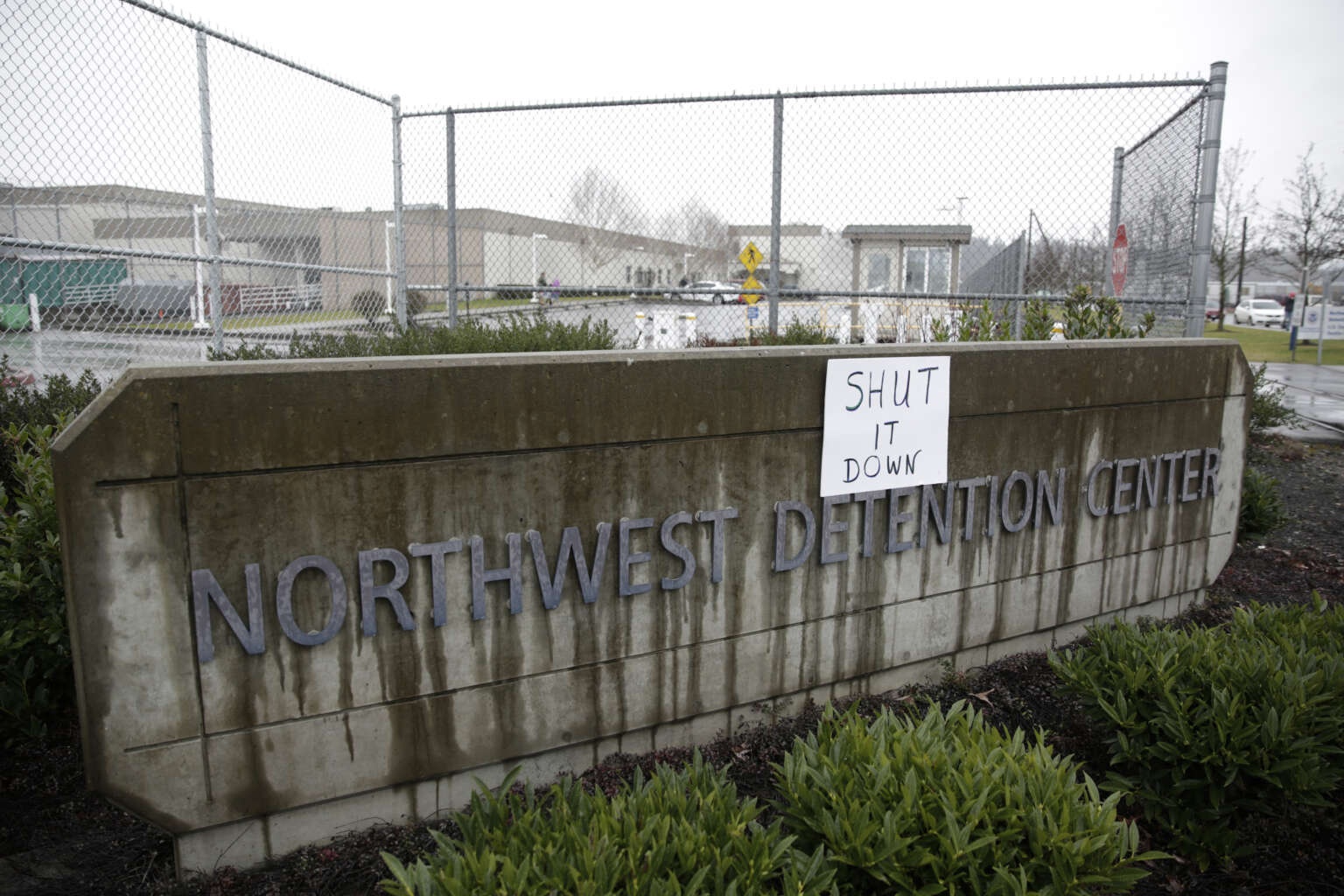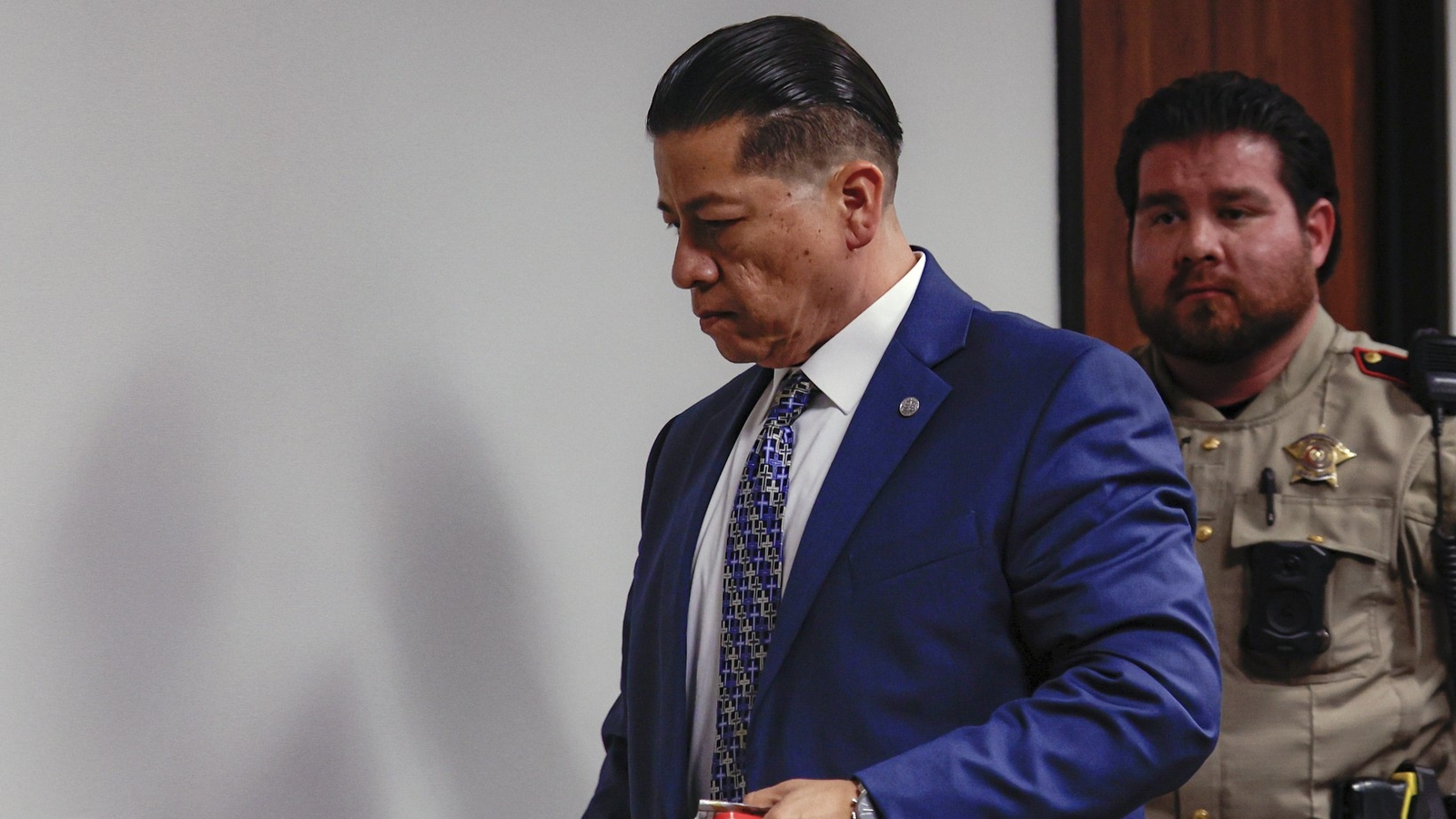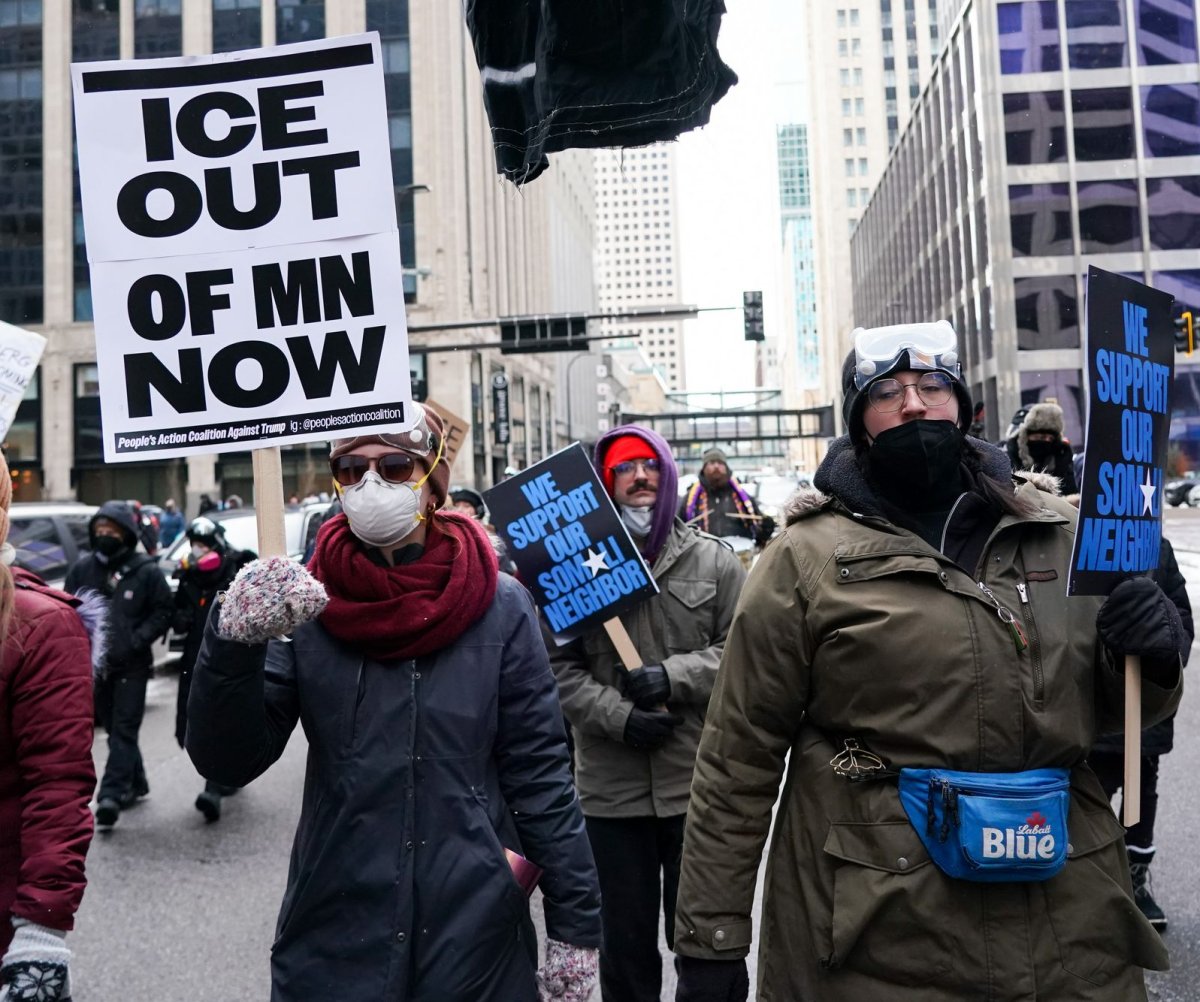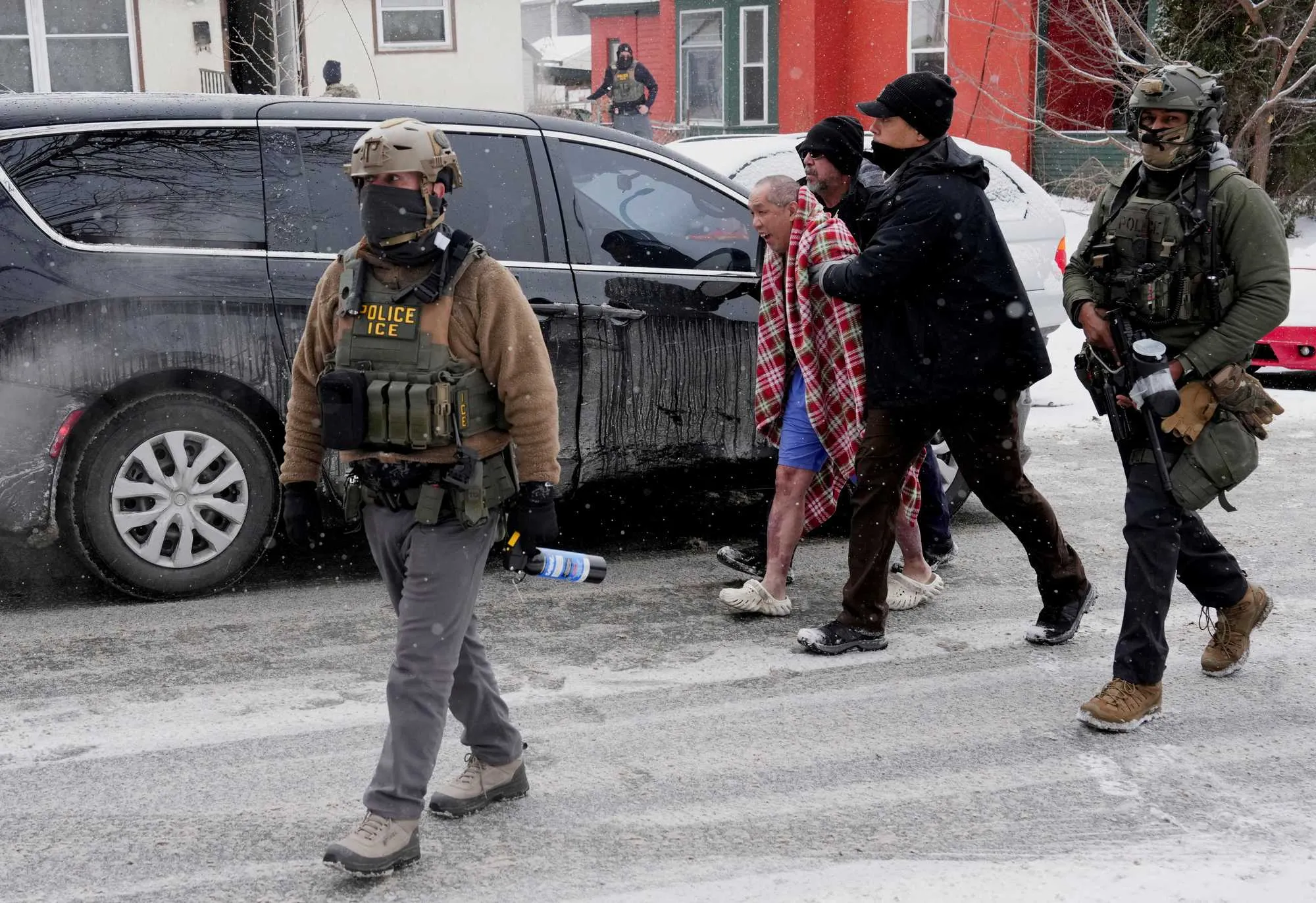Earlier this month, over 85 people incarcerated at Northwest Detention Center (NWDC) in Tacoma, Washington, went on a five-day hunger strike to protest worsening living conditions. According to advocates, the strike started on Feb. 1 when guards accused detainees of having contraband materials during an inspection. When detainees across units joined in protest, Immigration and Customs Enforcement (ICE) officers retaliated by tear gassing inmates in unit F4 and using smoke bombs and pepper spray on others. Strikers demanded an end to this inhumane treatment, as well as access to better medical care and COVID-19 preventative measures, timely and warm food service, clean bedding and attire, lower telecommunications and commissary prices, among other basic necessities. Detainees ended the strike on Feb. 6 after ICE officials promised to meet their demands, though many say their food is still arriving late and other conditions have yet to be met.
La Resistencia, a grassroots organization in Washington state led by undocumented people in solidarity with detainees at NWDC, is fighting to close the facility and end all detentions and deportations. Jose Hernandez, who was on hunger strike, told organizers with La Resistencia that he was fighting for medical attention and the rights of everyone detained at the facility.
“I won’t stop until I see results,” Hernandez told organizers. “This isn’t just about me, it is about everyone.”
According to a statement from an ICE spokesperson, upon discovery of an inmate possessing a contraband comb with razor blades used to cut hair, “the noncitizens involved refused to follow orders and became non-compliant. After careful consideration, ERO [Enforcement and Removal Operations] authorized non-lethal use of force following applicable guidelines to ensure the safety of all people in the facility, including noncitizens and staff. Once the incident was resolved, all detainees were evaluated by on-site medical staff and cleared with no injuries. Medical staff confirmed there were no detainees with suicidal ideation.”
Detainees, however, tell another story. One protester told La Resistencia that the officers treated them poorly and would pepper-spray inmates indiscriminately—including those who were sick.
“They don’t care about us, and it isn’t right,” said the protester to La Resistencia organizers. “What they’re saying in the news are lies. Nobody was resisting them; we are just trying to be peaceful.”
Another detainee told La Resistencia that, even though their unit was not directly tear gassed, they could still smell the fumes.
“Our unit is directly above F4 and is connected to the same ventilation system,” they said. “As a result, we were breathing in these gasses for about 3 hours! The [GEO] guard would not call for help, and we were suffocating, begging for help while the guard just told us to deal with it. I actually called the federal public defender’s office and begged the receptionist to call the fire department for about five minutes. One of the detainees started kicking and clawing at the door hysterically trying to get out to get fresh air.”
Owned by the private prison corporation GEO Group, NWDC is notorious for its mistreatment of inmates, lack of sanitation, medical neglect, and overuse of solitary confinement. According to a report by the University of Washington Center for Human Rights, the NWDC has weaponized solitary confinement against prison organizers and those facing mental health issues. According to ICE data, the facility also detains people longer, on average, in solitary confinement than any other dedicated ICE facility in the nation.
Chad Faulkner, an Australian national and suicide-risk detainee, was forcibly held in solitary confinement at NWDC on Jan. 29. During a phone interview, Faulkner told Prism that he asked his officer to let him take a shower and was dragged to solitary confinement instead, injuring his limbs in the process.
“I told them, I’m not supposed to be down here, I’m on a mental health observation,” said Faulkner.
According to Faulkner, the officer forcibly held him down despite Faulkner’s pleas to call their supervisor. Faulkner said he was scratched, bruised, and had cuts all over his hands.
“I started crying,” said Faulkner. “I was crying, screaming, telling them to stop, and they didn’t stop.”
This was not the first time detainees like Faulkner experienced abuse at the hands of NWDC authorities. On Dec. 5, 2022, Faulkner went on hunger strike to protest malnourishment, harassment, and having his belongings rummaged through without consent. Before him, on May 13, 2022, 13 detainees also went on hunger strike to protest inhumane conditions at the facility. Similar to the recent hunger strike this month, strikers were threatened with pepper spray before being placed in solitary confinement.
“This is nothing but a business for both GEO and ICE. They both benefit from having people in detention, and they will do anything necessary to not only keep their business running, but also to keep this a secret prison,” said La Resistencia co-founder Maru Mora-Villalpando. “They abuse people, and they don’t want anybody to know.”
Faulkner has been awaiting deportation at NWDC since Oct. 20, 2022, when his case was finalized.
“I would love to be free,” said Faulkner. “I would love to be free to go right back to my mom. She needs me.”
Truthout.
Tags:Hunger Strike




